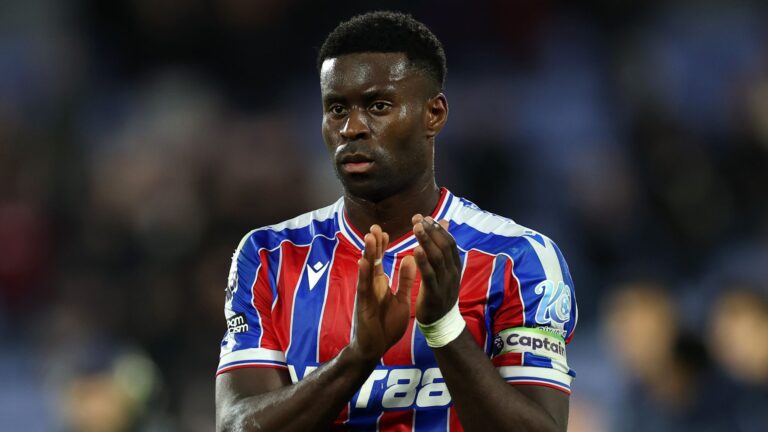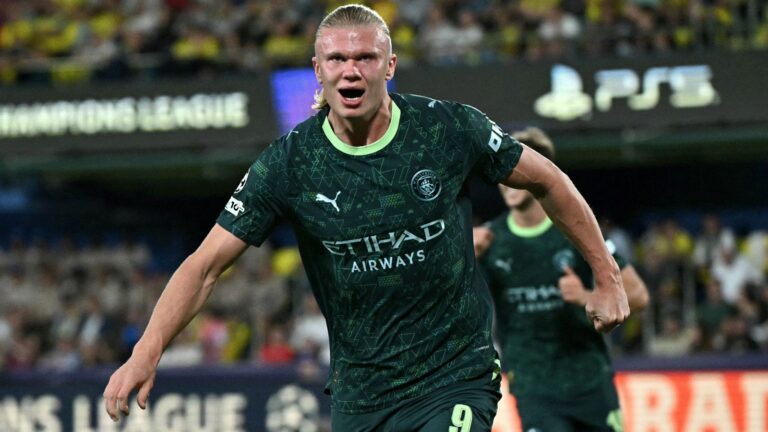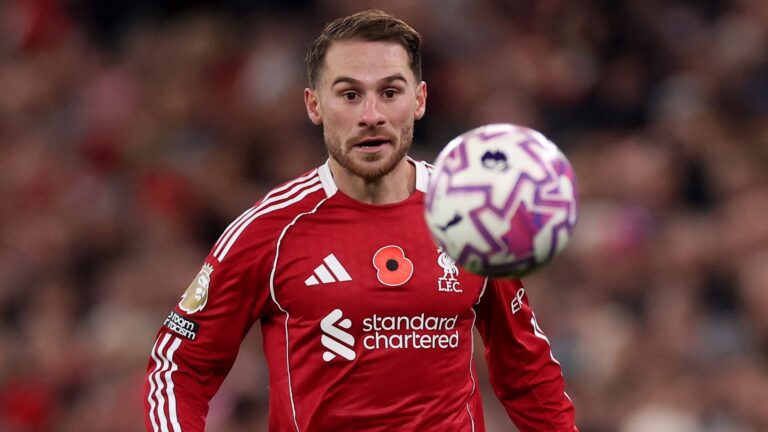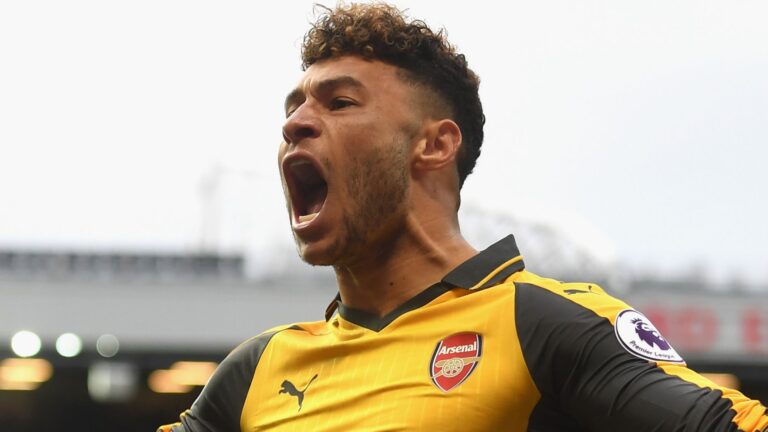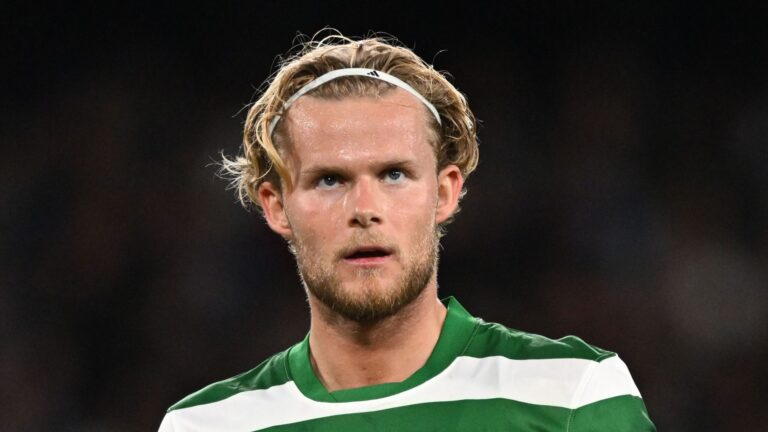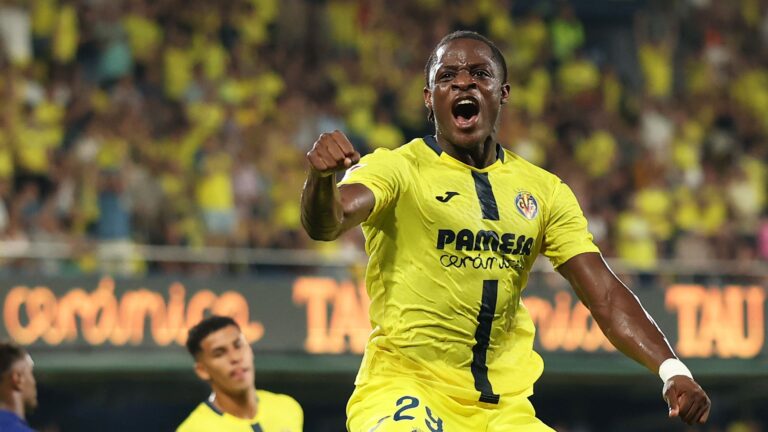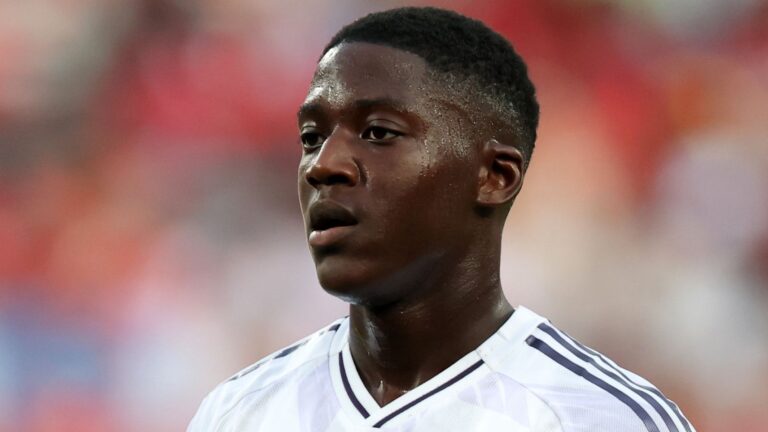Why European Giants Turned Down Cristiano Ronaldo’s Advances
In the aftermath of his dramatic departure from Manchester United due to a high-profile clash with the club, the iconic Portuguese footballer, known for his exceptional goal-scoring prowess and global influence, actively sought new opportunities within Europe’s top leagues in 2022. This pursuit, detailed through insider accounts, sheds light on the strategic decisions that led to his eventual move outside the continent, highlighting the delicate balance between star power and team dynamics.
The Backstory of Ronaldo’s European Pursuit
Following the termination of his agreement with Manchester United amid internal disagreements, the veteran athlete aimed to extend his storied career on familiar European soil. In 2022, his representative approached executives at Bayern Munich and Borussia Dortmund, outlining the extensive benefits that his presence could deliver, including enhanced international visibility and commercial opportunities. Despite these efforts, as noted in Christian Falk’s publication Transfer Insider from Bild, both clubs ultimately chose not to proceed, even though initial conversations occurred.
Initial Interest and Key Concerns from Bayern Munich
The representatives from Bavaria gave serious thought to acquiring the forward, but reservations soon surfaced regarding how his prominent profile might disrupt the squad’s harmony and salary structure. At that time, Bayern’s leading player was earning approximately €24 million annually, while the ex-Real Madrid standout was seeking a comparable sum to his previous earnings of around €29 million per year. This discrepancy played a pivotal role in their decision, emphasizing the potential for internal conflicts over long-term stability.
Dortmund’s Similar Hesitations
Likewise, officials at Borussia Dortmund evaluated the proposal but determined that the promised economic gains did not justify the associated challenges in both athletics and finances. This mutual stance among Europe’s premier teams illustrated a broader reluctance to prioritize immediate fame over sustained team cohesion and fiscal prudence, a choice that reflected deeper values in modern football management.
Direct Quotes and Final Rejections
According to reports, Ronaldo’s agent expressed enthusiasm, stating to Bayern that it would be ideal for his client to join their ranks. Nevertheless, key figures like former CEO Oliver Kahn and the ex-sporting director concluded that the player’s approach did not align with the club’s core principles at that juncture. In their own words, “We determined that, regardless of the respect we hold, he wouldn’t integrate well with our approach under the existing circumstances.” On the other hand, Dortmund dismissed the financial forecasts outright, viewing them as overstated.
The Shift to a New Chapter
Without any viable options emerging in Europe, Ronaldo’s tenure at United came to an abrupt close in late 2022 following his rift with the manager. Subsequently, after the World Cup in Qatar, he made the transition to the Saudi Pro League with Al-Nassr, where he has continued to compete effectively well into his 40s, maintaining his contract and on-field contributions.
Contributed by Jonas Rutten.
- Ronaldo’s representative presented his case to Bayern and Dortmund
- Bayern’s leadership acknowledged discussions about a possible agreement
- The Portuguese icon ultimately signed with Al-Nassr




Reasons Behind Cristiano Ronaldo’s Rejections from European Clubs
The Context of Ronaldo’s European Transfer Attempts
Before Cristiano Ronaldo made headlines with his move to Al-Nassr in the Saudi Pro League, he actively sought opportunities to stay in Europe’s top leagues. This included approaches to clubs like Bayern Munich and Borussia Dortmund, as the Portuguese superstar aimed to continue competing at the highest level. Understanding the reasons for these rejections sheds light on the challenges even elite players face in the later stages of their careers, including factors like age, finances, and team dynamics in Ronaldo’s transfer saga.
Key Factors in Bayern Munich’s Rejection of Cristiano Ronaldo
Bayern Munich’s decision not to pursue Ronaldo was influenced by a mix of strategic and financial considerations that highlighted the club’s focus on long-term squad building over short-term star power.
Financial Demands and Wage Structure Issues
One of the primary reasons behind Bayern Munich’s rejection was Ronaldo’s high salary expectations. At the time, Ronaldo was seeking a deal that matched his earnings at Manchester United, which were among the highest in world football. Bayern, known for its efficient wage structure, prioritized financial sustainability and compliance with Financial Fair Play regulations. Reports suggested that Ronaldo’s demands would have disrupted the club’s balanced payroll, potentially affecting their ability to invest in younger talents or retain key players like Harry Kane or Jamal Musiala.
- Bullet points on specific financial aspects:
- High weekly wages: Ronaldo’s reported salary expectations exceeded what Bayern was willing to allocate, making the deal financially unviable.
- Transfer fee complications: As a free agent, Ronaldo still came with costs related to agent fees and bonuses, which didn’t align with Bayern’s budget for the transfer window.
- Opportunity cost: Allocating funds to Ronaldo could have meant less money for emerging stars, a key Cristiano Ronaldo transfer strategy that Bayern avoided to maintain their youth-focused model.
Squad Fit and Tactical Mismatches
Bayern’s squad was already stacked with world-class attackers, making Ronaldo’s addition seem redundant. The club had players like Thomas Müller, Serge Gnabry, and Leroy Sané who offered versatility and high pressing, which aligned better with manager Julian Nagelsmann’s tactics at the time.
- Bullet points on tactical fit:
- Overlap in positions: Ronaldo primarily plays as a central striker, but Bayern’s lineup already featured established forwards, leading to potential benching risks for the veteran player.
- Playing style differences: Bayern emphasized a high-intensity, possession-based game, whereas Ronaldo’s style relied more on counter-attacks and finishing, which might not have mesced perfectly with the team’s dynamics.
- Age-related concerns: At 37, Ronaldo’s physical demands could have clashed with Bayern’s fast-paced approach, raising questions about his ability to maintain peak performance in the Bundesliga.
Reasons for Borussia Dortmund’s Rejection of Cristiano Ronaldo
Borussia Dortmund, a club renowned for nurturing young talent and maintaining a competitive edge on a tighter budget, also turned down Ronaldo in his bid to remain in Europe. Their rejection stemmed from a combination of long-term planning and internal priorities that didn’t align with signing a high-profile, aging star.
Strategic Priorities and Youth Development Focus
Dortmund’s philosophy centers on building a squad around emerging players, as seen with successes like Jude Bellingham and Erling Haaland. Bringing in Ronaldo, who was in the twilight of his career, would have shifted focus away from their core strategy of investing in the next generationzafon.
- Bullet points on strategic priorities:
- Long-term vision: The club prioritized players under 25 to ensure sustained success, whereas Ronaldo’s age made him a short-term option, potentially disrupting Dortmund’s youth development pathway.
- Market positioning: Signing Ronaldo could have signaled a departure from Dortmund’s identity as a talent factory, affecting their appeal to young prospects and sponsors in the Bundesliga transfer market.
- Performance metrics: Data analysis showed Ronaldo’s output was declining compared to Dortmund’s high-energy forwards, making the fit less appealing for their playing style.
Contractual and Logistical Challenges
Beyond strategy, practical issues related to Ronaldo’s contract demands played a significant role. Dortmund, operating on a more modest budget than giants like Bayern or Real Madrid, found it challenging to accommodate the financial and logistical aspects of such a deal.
- Bullet points on contractual hurdles:
- Wage cap limitations: Ronaldo’s expected earnings were far above Dortmund’s average player salary, which could have created unrest in the dressing room and strained the club’s finances.
- Duration of contract: Reports indicated Ronaldo wanted a multi-year deal, but Dortmund preferred shorter-term agreements to maintain flexibility in their squad planning.
- Integration risks: Adding a global icon like Ronaldo might have required adjustments to team dynamics, including media attention and training regimens, which didn’t align with Dortmund’s streamlined operations.
Comparative Analysis of the Rejections
When examining the rejections from both Bayern Munich and Borussia Dortmund, common themes emerge that influenced Ronaldo’s options in Europe. Factors such as his age and wage demands were pivotal, but each club’s unique approach highlighted broader trends in modern football transfers.
Age and Performance Considerations Across Clubs
Ronaldo’s age of 37 at the time meant that potential European suitors were weighing his elite-level contributions against the risks of injury or declining form. For Bayern, this tied into their tactical setup, while Dortmund viewed it as conflicting with their youth-oriented model.
- Bullet points on age-related factors:
- Physical decline: Statistics from Ronaldo’s final season at Manchester United showed a dip in metrics like sprint speed and defensive contributions, which concerned clubs focused on all-around performance.
- Value for money: Both teams calculated that younger players offered better long-term value, a key aspect in evaluating Cristiano Ronaldo’s transfer prospects.
- Historical precedents: Clubs like Bayern and Dortmund referenced past signings of older stars, such as Robert Lewandowski’s move, but noted that the market had evolved, prioritizing data-driven decisions.
How These Rejections Shaped Ronaldo’s Career Path
The refusals from these clubs forced Ronaldo to consider offers outside Europe, ultimately leading to his high-profile move to Al-Nassr. This decision was influenced by the lucrative package and the opportunity to continue breaking records in a new league.
- Bullet points on career implications:
- Alternative opportunities: The rejections opened doors in leagues like the Saudi Pro League, where Ronaldo could command a starring role and substantial earnings.
- Legacy and motivation: Despite the setbacks, Ronaldo’s determination to stay competitive highlighted his enduring appeal, making topics like “Cristiano Ronaldo rejections” a hot search for football enthusiasts.
- Future transfers: These events underscored the importance of adaptability in the transfer market, influencing how players and agents approach negotiations for top talents.


